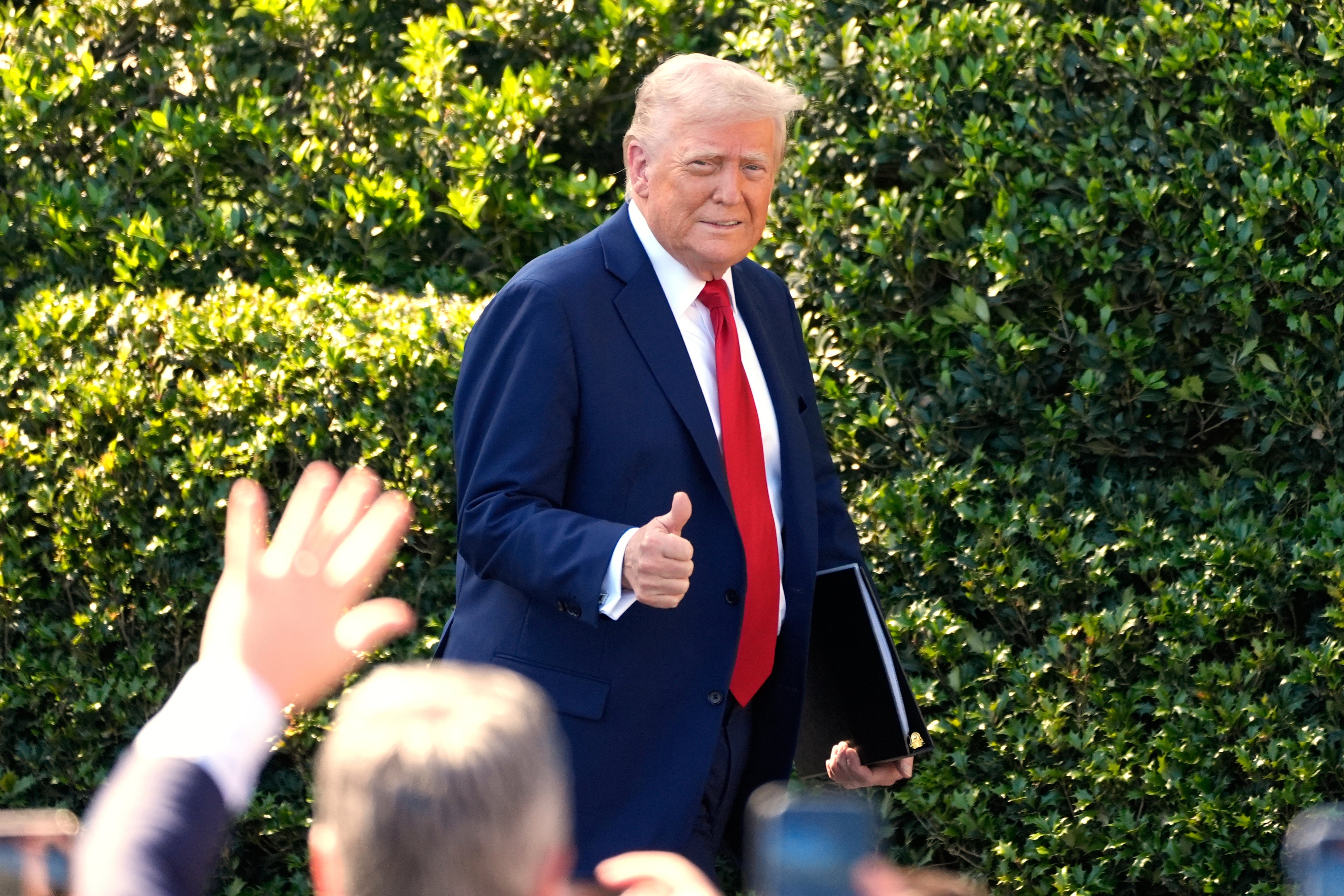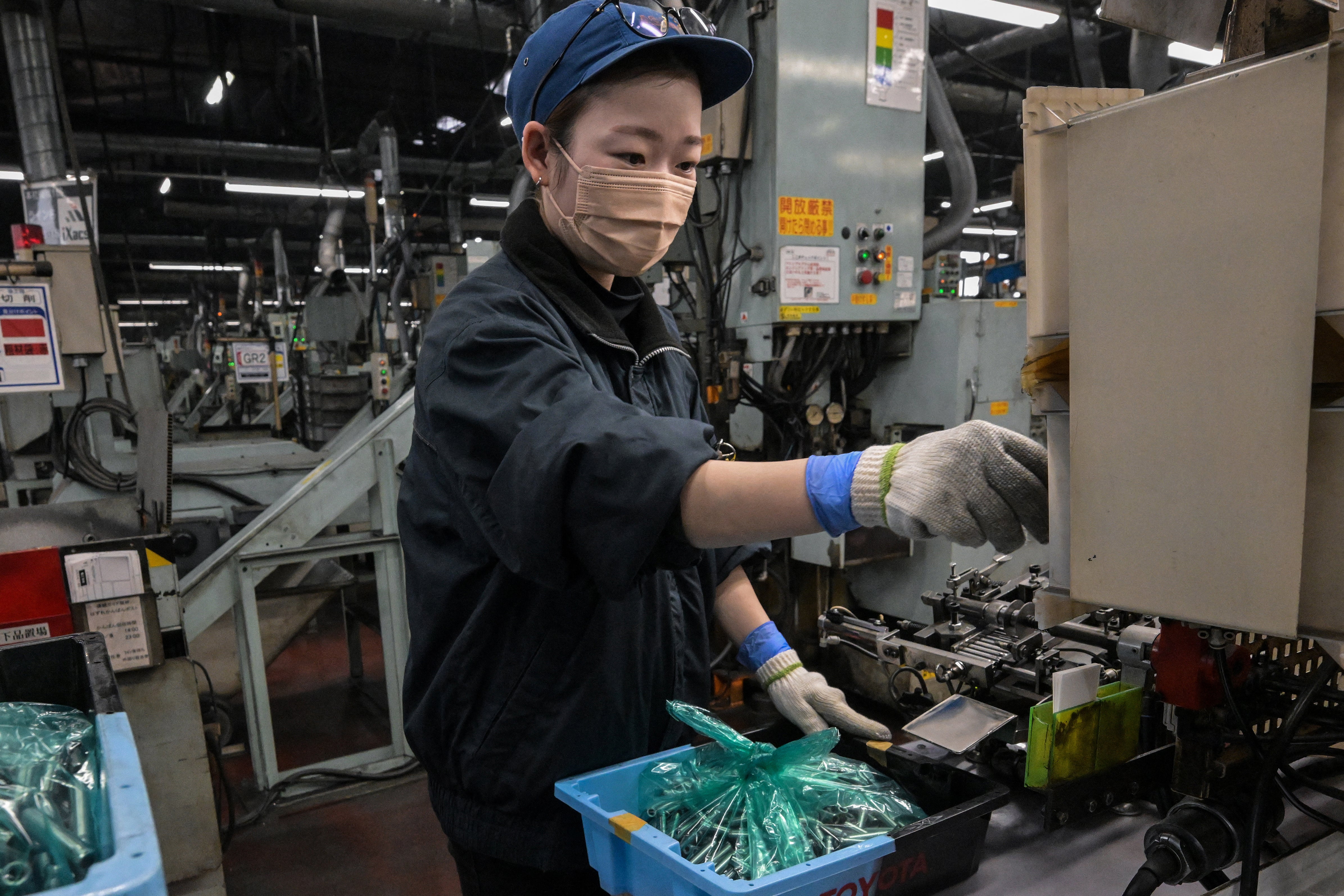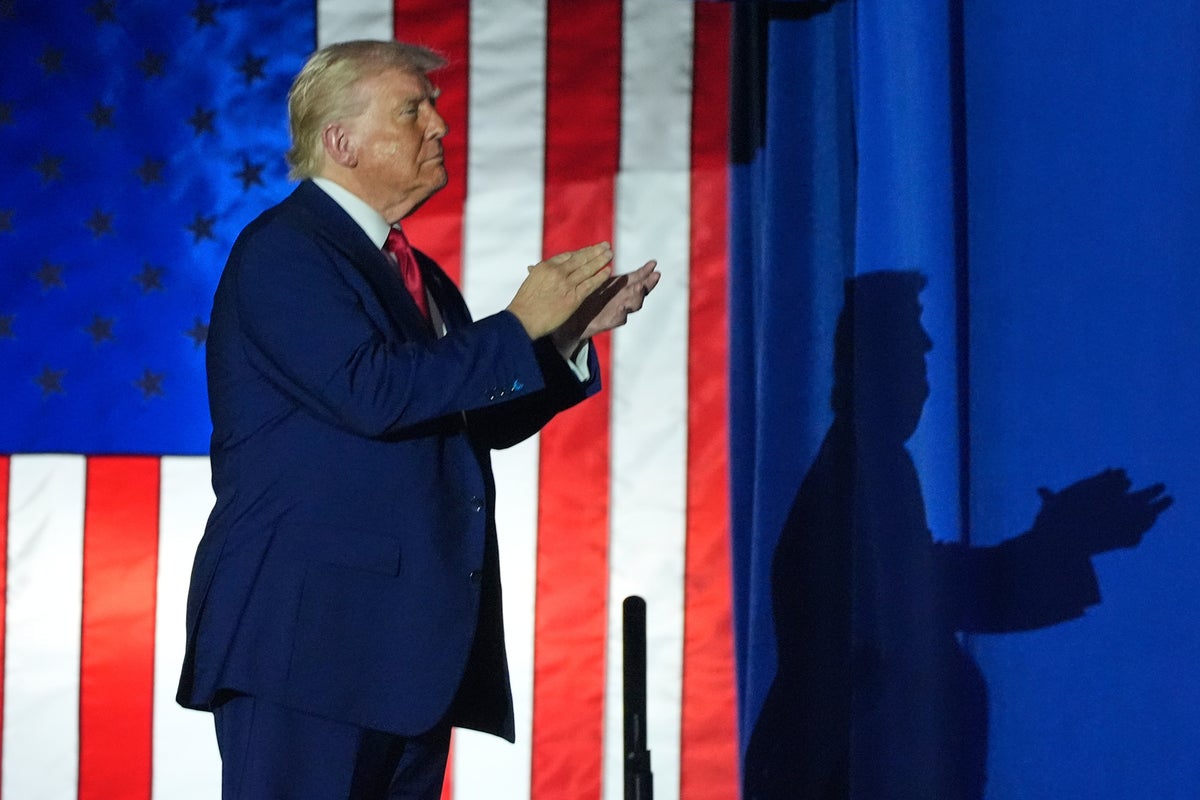ARTICLE AD BOX
President Donald Trump is planning to walk back some of the tariffs he imposed on certain auto parts after warnings from U.S.-based automakers.
The president plans to sign an executive order on Tuesday that will provide some relief for carmakers who pay a 25 percent tariff on imported vehicles by eliminating other levies such as those on steel and aluminum. The move would be retroactive, meaning that automakers could be reimbursed for tariffs already paid, according to The Wall Street Journal.
Automakers and independent analyses had indicated that the tariffs could raise prices, reduce sales and make U.S. production less competitive worldwide.
Treasury Secretary Scott Bessent said on Tuesday, the goal was to enable automakers to create more domestic manufacturing jobs.

“President Trump has had meetings with both domestic and foreign auto producers, and he’s committed to bringing back auto production to the U.S.,” Bessent said. “So we want to give the automakers a path to do that, quickly, efficiently and create as many jobs as possible.”
The executive order will also modify Trump’s impending tariffs on imported auto parts by reimbursing automakers up to an amount equal to 3.75 percent of a U.S.-made car for one year, the Journal reported. That reimbursement would go down to 2.5 percent of a car’s value in the second year.
“It’s a little bit of help,” Trump told reporters Tuesday. “We just wanted to help them enjoy this little transition, short-term.”
General Motors CEO Mary Barra said the automaker is grateful for Trump's support of the industry, and she noted the company looks forward to conversations with the president and working with the administration.
“We believe the President’s leadership is helping level the playing field for companies like GM and allowing us to invest even more in the U.S. economy," Barra said in a statement.
Stellantis Chairman John Elkann said in a statement that the company appreciates the president's tariff relief measures.
“While we further assess the impact of the tariff policies on our North American operations, we look forward to our continued collaboration with the U.S. Administration to strengthen a competitive American auto industry and stimulate exports," he said.
The tariffs imposed by Trump were seen by some as an existential threat to the auto sector. Arthur Laffer, whom Trump gave the Presidential Medal of Freedom to during his first term, said in a private analysis that the tariffs without any modifications could add $4,711 to the cost of a vehicle.

New vehicles sold at $47,462 on average last month, according to auto-buying resource Kelley Blue Book. Tariffs stress the automotive supply chain, a complex web that spans the globe. Not only do many auto parts cross North American borders several times before being assembled into a finished vehicle, but auto manufacturers also rely on suppliers around the world for thousands of components.
Increased levies would certainly cost new car buyers — sensitive to inflation — more, driving them to the used vehicle market and quickly straining the availability of pre-owned cars. Tariffs also impact the cost of owning and maintaining a vehicle.
The modifications come as Trump marks 100 days back in the White House by going to Michigan, a state defined by auto manufacturing. Trump won the state in last year's election by promising to increase factory jobs.
Still, it remains unclear what impact Trump's broader tariffs will have on the U.S. economy and auto sales. Most economists say the tariffs, which could ultimately hit most imports, would raise prices and slow economic growth, possibly hurting auto sales despite the relief that the administration intends to offer on its previous policies.
Additional reporting by the Associated Press.









 English (US) ·
English (US) ·